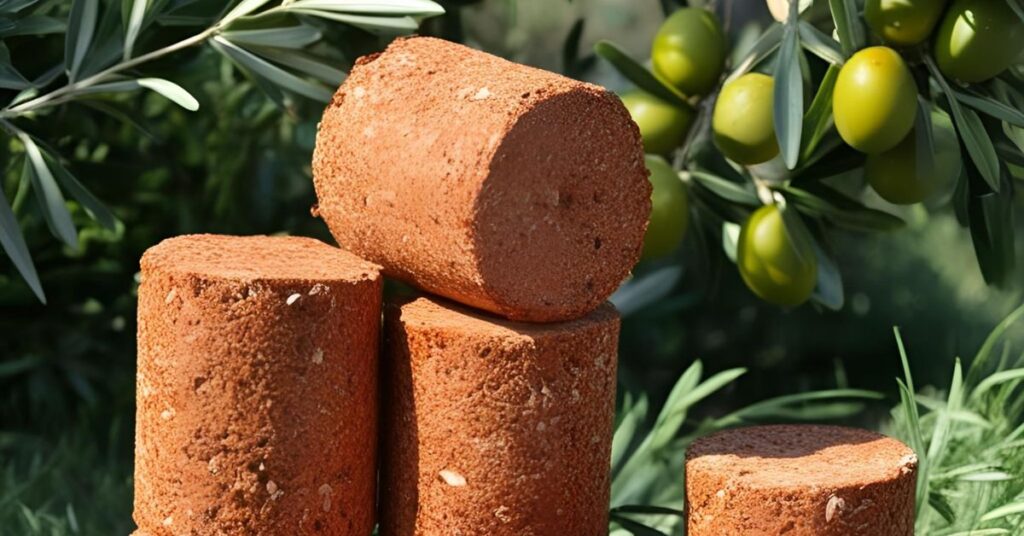
Clean Energy from Olives

Clean Energy from Olives: Tunisian Startup Pioneers Eco-Friendly Tech
In northern Tunisia, entrepreneur Yassine Khelifi is transforming olive oil production waste into a sustainable energy source through his startup, Bioheat. Established in 2022, Bioheat processes the thick paste left over from olive oil extraction into compacted briquettes, offering an eco-friendly alternative to traditional firewood.
Khelifi’s journey began in 2018 when he sought machinery across Europe to convert olive residue into long-burning fuel. Unable to find suitable technology, he returned to Tunisia and spent four years developing a machine that produces briquettes with just 8% moisture content. This low moisture level significantly reduces carbon emissions compared to firewood, which often retains more than double the moisture even after months of drying.
Tunisia, expected to be the world’s third-largest olive oil producer with an estimated yield of 340,000 tonnes, generates approximately 600,000 tonnes of olive waste annually. By repurposing this waste, Bioheat not only addresses environmental concerns but also creates job opportunities and contributes to energy independence in a country that imports over 60% of its energy needs.
Bioheat’s briquettes have found a market among local businesses, including restaurants, guesthouses, and schools in underdeveloped regions where winter temperatures can drop below freezing. The briquettes are praised for being clean, easy to use, and cost-effective, with some users reporting a reduction in heating costs by a third.
Looking ahead, Bioheat aims to produce 600 tonnes of briquettes in 2025, with about 60% destined for export to France and Canada. Despite challenges such as securing funding, Khelifi remains committed to contributing to Tunisia’s transition to clean energy and hopes to make a global impact.